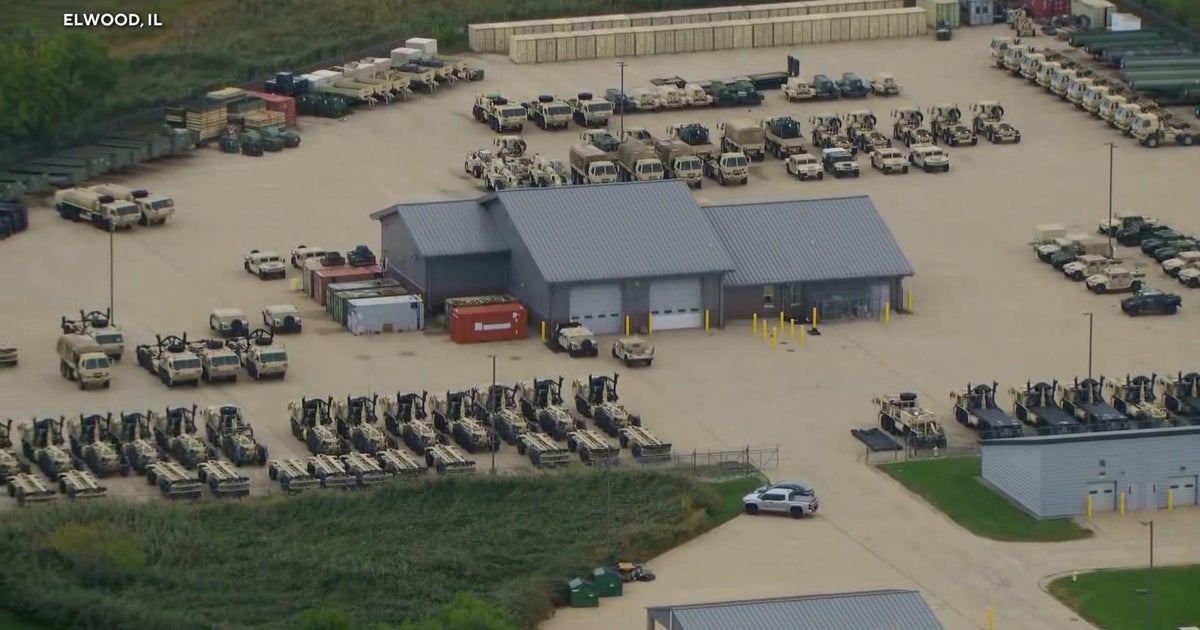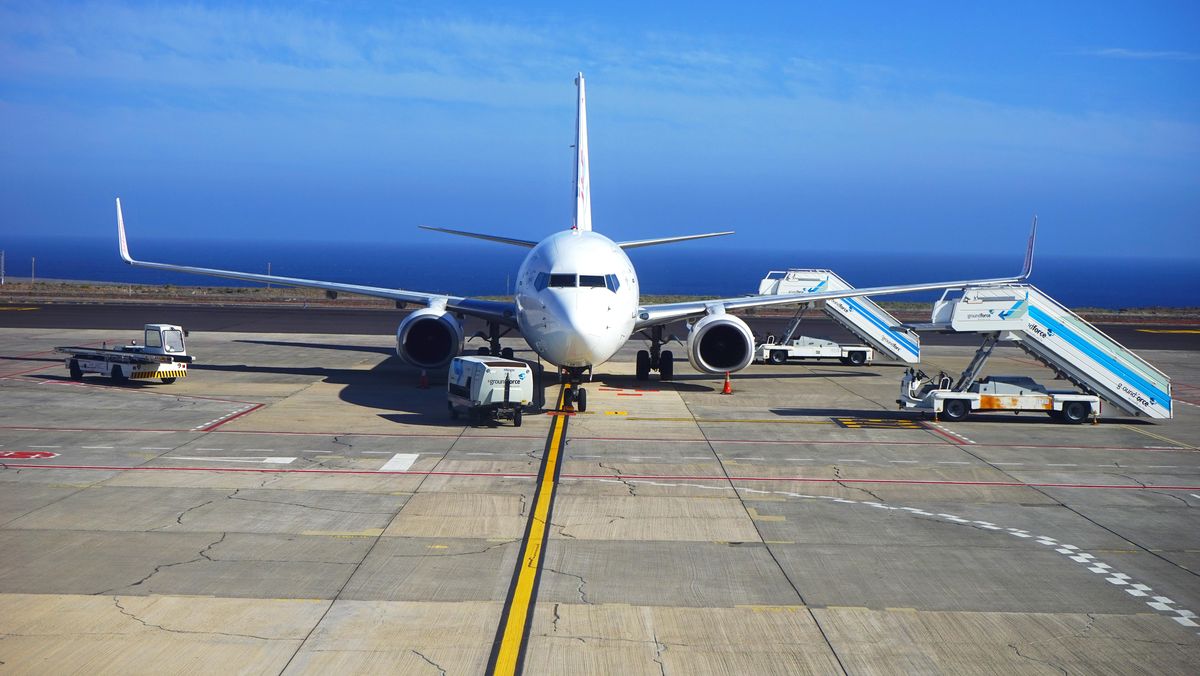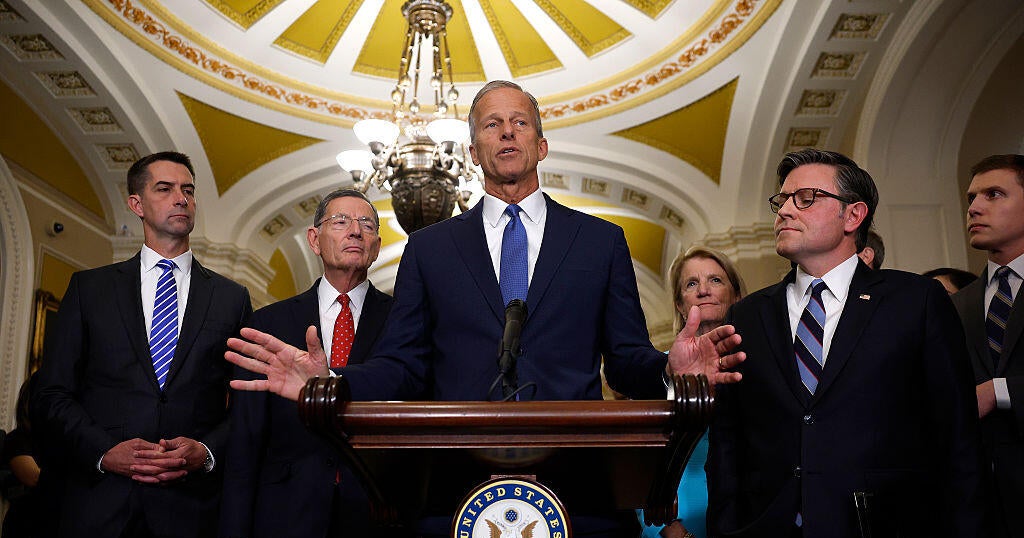By The Economist
September 26, 2025 — 3.30pm
By rights, no one should want it. Gaza is a hellscape. Israel’s tanks have ploughed its cities to dust and devastated its infrastructure. Even in the past week, its soldiers have pushed half a million from Gaza City. And yet as Israel fights what it says is its final campaign in Gaza, a battle is brewing over who will run the wasteland.
While Western powers line up to recognise the State of Palestine at the United Nations, behind the scenes, they are grappling over who should take over Gaza. Since the war began in October 2023, over a dozen governments and government-sponsored think tanks have offered plans for Gaza’s “day after”. They range from the seven-page New York declaration unveiled by French President Emmanuel Macron and Saudi Foreign Minister Faisal al-Saudat the UN in July, to a 200-page “green paper” published in January by Hamas, the Islamist militants who retain some control of the strip.

Could Blair be the man to lead a transitional government for Gaza?Credit: Bloomberg
The governments of Britain, Denmark, Egypt, Israel, Palestine and America have drafted documents, as has a government-backed think tank in the United Arab Emirates and businessmen in regional and Western capitals.
Perhaps most keen is British ex-prime minister Tony Blair. Within weeks of the outbreak of war in Gaza, he had made repeated visits to Jerusalem and got his London-based foundation drafting a plan for a post-war mandate. According to multiple sources involved with the plan, Blair could head a body called the Gaza International Transitional Authority (GITA). It would seek a UN mandate to be Gaza’s “supreme political and legal authority” for five years. If approved, Blair would have a secretariat of up to 25 people and chair a seven-person board to oversee an executive body running the territory. Gulf states would pay. “He’s willing to sacrifice his time. He genuinely wants to end the war,” says a source who knows Blair.
Blair’s plan has powerful backers, from Gulf leaders to Jared Kushner, the American president’s son-in-law. Perhaps most importantly, unlike other plans, it seems to have Donald Trump’s blessing. Blair, Kushner and Steve Witkoff, Trump’s Middle East envoy, all argued the case at a meeting with the president on August 27. (Ron Dermer, the Israeli prime minister’s confidant and minister for strategic affairs, joined in by phone.) And on September 23, Trump was said to have presented the idea to the leaders of Turkey, Pakistan, Indonesia and five Arab countries. “Maybe we can end it [the Gaza war] right now,” Trump told them.

Tony Blair with then-Palestinian leader Yasser Arafat for talks at 10 Downing Street in 1998.Credit: AP
For Palestinians, the plan is a distinct improvement on the vision Trump touted in February.
Loading
Back then, he advocated exiling Gazans and building an AI-engineered “riviera” once they were gone. According to surveys Blair’s team published in May, over a quarter of Gazans favoured some form of international rule, against a third for the Palestinian Authority (PA), President Mahmoud Abbas’ administration in the West Bank. Almost no one wanted Hamas, which has run Gaza since 2007, to remain in charge. Most do not care who rules as long as the bombing stops and there is food to eat, says a former civil servant fleeing Gaza City.
Informed sources say GITA is modelled on the international administrations that oversaw East Timor and Kosovo’s transitions to statehood. Initially, it could be based in el-Arish, an Egyptian provincial capital near Gaza’s southern border. GITA would enter Gaza once the strip is stable, accompanied by a multinational force. Under the plan, those sources insist, Palestinians would not be encouraged to leave Gaza, Gaza and the West Bank would be reunited, and Gaza would be gradually handed over to the PA.
But mandates have a habit of lasting longer than planned. In November 1917, Britain issued the Balfour Declaration promising Jews a homeland in Palestine; on the same day, it conquered Gaza, quickly. It used Gaza as an air force base and a stopover for Imperial Airways (a precursor to British Airways). It stayed there for 30 years. Now, some Palestinians fear Britain is repeating the exercise.
Blair’s record in the region hardly endears him to them. As prime minister, he joined America in invading Iraq in 2003. In his eight years as envoy of the Quartet, a group comprising America, the EU, Russia and the UN, tasked with implementing a road map to Palestinian statehood, Israel thumped Gaza four times and tightened its grip on the Palestinian territories.

Tony Blair visits troops in Iraq on December 22, 2005.Credit: AP
Convincing Abbas will be hard. He has the Arab states’ backing to run Gaza after the war and seems willing to see off challengers. When a Palestinian businessman, Samir Hulileh, suggested he should be Gaza’s governor, Abbas had him jailed. Another occupation beckons, warns an adviser to Abbas about Blair’s plan.
Given a political vision, claim Egyptian mediators, Hamas would hand over its weapons and let a technocratic Palestinian government administer the strip. But if its members are barred from working in education and health services, as our sources suggest they will be, the group may balk.
Loading
And then there is Israel. Having taken Gaza at a gruelling cost, its messianic ministers want to hold on to it. Finance Minister Bezalel Smotrich eyes “a real estate bonanza”. Sooner or later, he argues, the world will take pity on Gazans and offer them shelter elsewhere. Blair often calls Israel’s Prime Minister, Benjamin Netanyahu, hoping to persuade him of his vision. But like the two-state solution, he might yet find that talks about the future just buy time for Israel to create alternative facts in the present.
The Economist
Get a note directly from our foreign correspondents on what’s making headlines around the world. Sign up for our weekly What in the World newsletter.
Most Viewed in World
Loading


















































